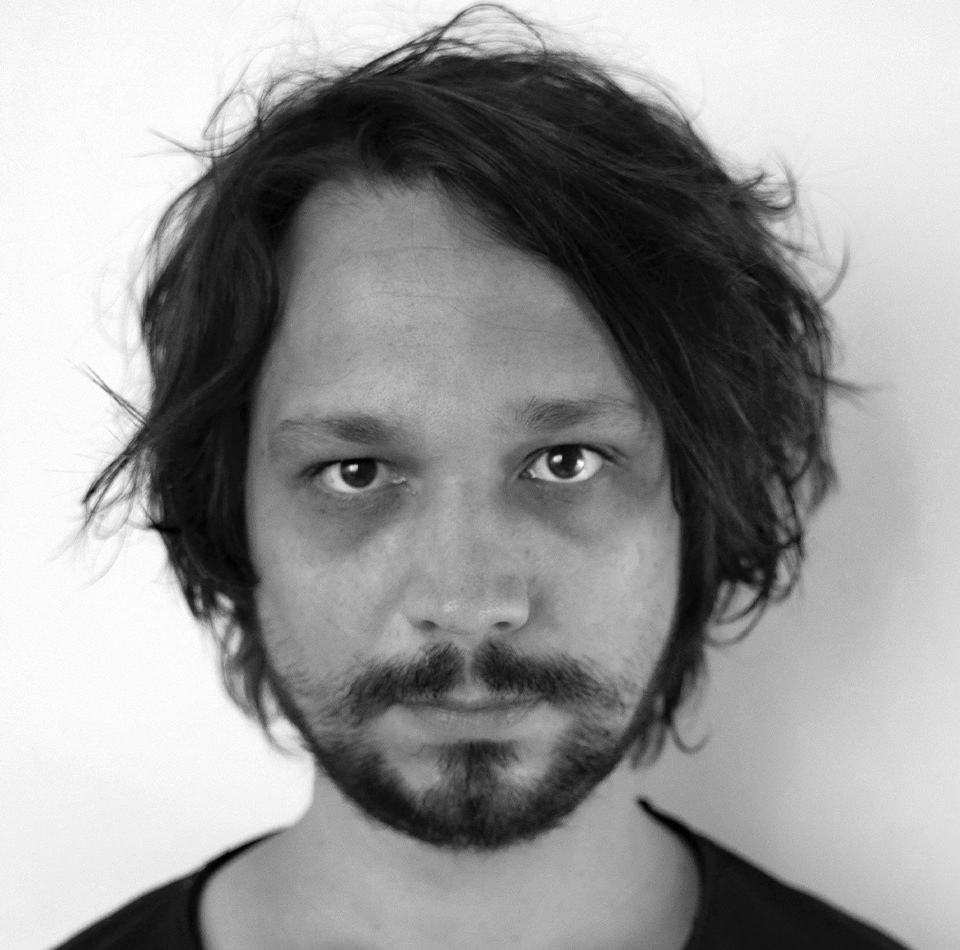
Young Independent Teams/Tinere Echipe research project, supported by a grant of the Ministry of Research, Innovation and Digitization, CNCS – UEFISCDI, Romania. Project number PN-III-P1-1.1-TE-2021-0613, within PNCDI III. 5 May 2022 – 4 May 2024.
Presentation
Abstract of the project: The comparative analysis of European small national cinemas within the context of collectively and culturally traumatic events in recent European history is still a relatively uncharted territory. While cinematic representations’ powers of mediating collective and cultural traumas has been a fruitful research field in trauma and memory studies, and European small national cinemas also elicit constant attention, the combination of these two perspectives within a systematic comparative framework may be categorized a novel approach. The urgency of such a conception and a corresponding research project – especially with reference to the dissolution of the „strong, caring” communist or welfare state – may be easily seen: the creators, films and audiences still share common memories of this latest collective trauma that they’ve transformed into a culturally mediated one. Referring to the critically most acclaimed, and the domestically most popular Romanian, Hungarian, Danish, Swedish, Irish and Scottish films of the 1990-2020 period, and using a combined qualitative-quantitative methodology of production studies, textual-formal analysis and reception studies, the target is a 21st century overview of the contemporary film history of European small national cinemas and their best creative practices that enable them to co-exist with better funded and more influential major national or global-reach cinemas while processing collective traumas into cultural ones.
Objectives of the project: his project proposes to devise a combined methodology for charting the common creative methods that several European small national cinemas have devised – not independently of the employment of film genre panels – while working through successive collective and cultural traumas in the recent past. The loose timeframe of the research corpus is set by the two major collective traumas that may be linked to a contemporary European film historical context: the 1989-1990 dismantling of the Eastern Bloc and the 2020 Coronavirus pandemic, two such experiences that are closely related to various stages of digitalization within the film industry too. We propose to comparatively examine the six small national cinemas – Romanian cinema, Hungarian cinema (standing for the Eastern European canon), Danish and Swedish cinemas (as representatives of the Northern European film canon), and Irish and Scottish cinema that index the Western European film canon – and the related cinematic trends – the Romanian New Wave/New Romanian Cinema (NRC), New Hungarian Cinema (NHC), Danish Dogma (DD) and the New Scottish Cinema (NSC) – as mediated articulations of collective cultural traumas, with a well circumscribed methodology. The 24-month group research is modelled on Shannon and Weaver’s classical communication model, as we are firmly convinced that in order to understand the extraordinary emergence and long-term effect of the posttraumatic cultural articulations that the RNW, the NHC, DD and NSC are, one needs to analyse the sender (in this specific case: the film industry and the production context of specific sample films), the message (the structure and poetic functioning of the specific sample films within the context of the cinematic trends that articulate the collective cultural traumas), and the receiver (in this case: the distribution and reception of the specific sample films, in professional and non-professional contexts too), in order to convincingly demonstrate their power of articulating culturally and medially the researched cultural traumas, among them the safe and caring state’s (abrupt) ending.
Members of the project

Andrea Virginás
project director, principal investigator

Farkas Boglárka Angéla
PhD researcher

Ábel Kovács
MA researcher (2022-2023)

Mihály Lakatos
PhD researcher
Latest posts
-
Author: Mihály Lakatos In the past year, several movies have been premiered, offering particularly rewarding opportunities for analysis from the perspective of trauma(s). In this blog post, I aim to reflect on some of these movies, exploring how trauma is portrayed (and sometimes processed), the cinematic tools employed by the filmmakers, and the significance of these…
-
Author: Mihály Lakatos Part 1, Part 2. As in Romanian cinema, there are few films in Hungarian cinema that reflect on the traumatic circumstances that followed the regime change. Béla Tarr’s epic masterpiece Sátántangó from 1994 or Fernec Török’s Moscow Square from 2001 have to be mentioned here. However, if we talk about the cultural visibility of the Hungarian…
-
Author: Farkas Boglárka During our research project, we had the opportunity to speak with several film directors, whose work we find extremely relevant in the context of trauma representation on film, more specifically, representations that involve cultural, personal and/or climate traumas. Although some of these valuable insights were already shared in various conference presentations –…
-
Author: Farkas Boglárka Introduction Szilárd Bernáth’s first feature-length fictional film, Larry (2022), focuses on Ádám (Benett Vilmányi), a 21-year-old boy, who lives in the marginalized, eastern county of Hungary, Borsod-Abaúj-Zemplén, and works as a shepherd. The boy struggles with heavy stuttering and lives with his middle-aged father, Zoltán (Szabolcs Thuróczy), who is a local policeman. Despite his…
-
In our June 2023 blogpost we presented our group panel proposal on Cultural Traumas for the conference Miscommunication in East-Central European Cinemas. The lively and insightful two days in Bucharest were organized by SNSPA’s Denisa Oprea and UNATC’s Liri Alienor Chapelan, and below you may see some photos from the event. Our research group, and colleagues, listening…